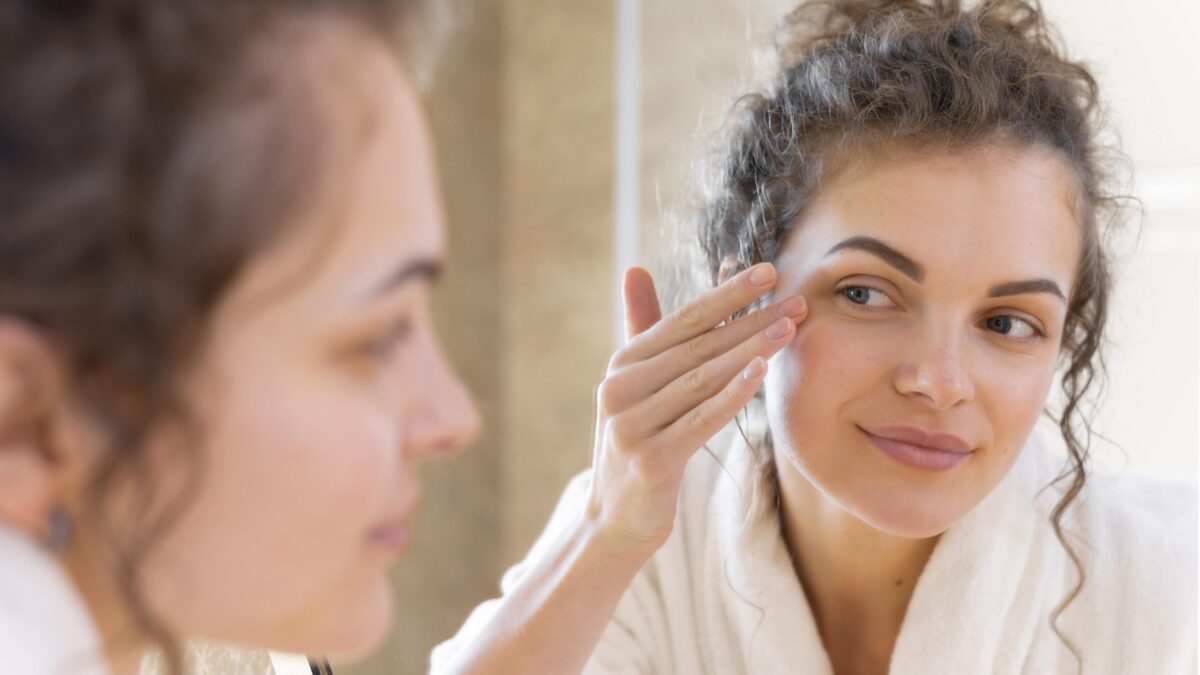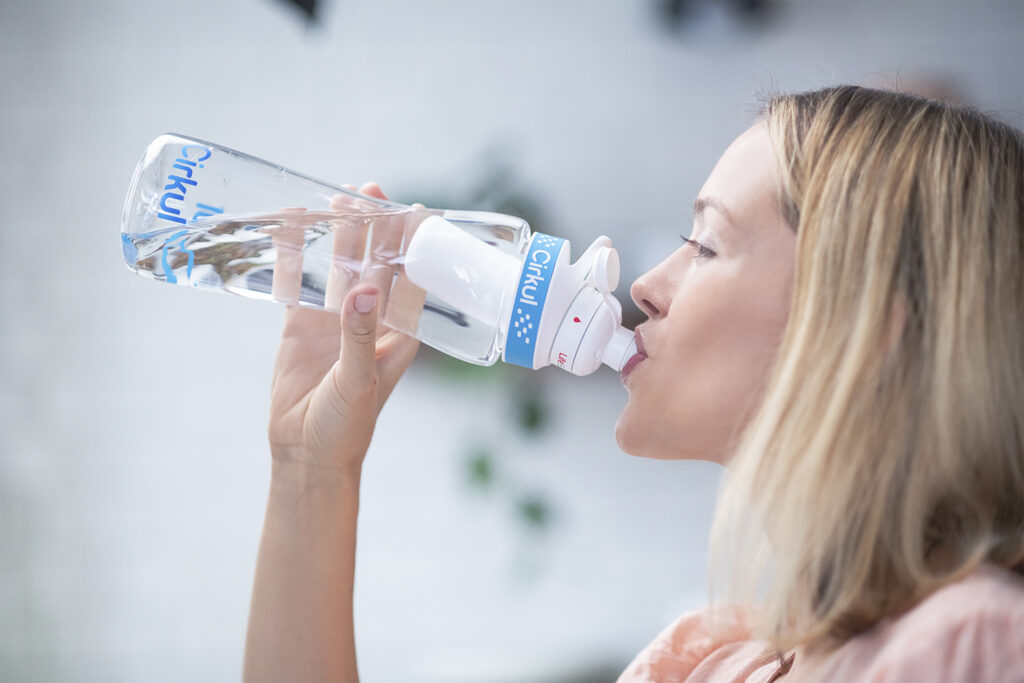Treating acne spots can vary depending on the severity of the blemish and individual skin type. Here’s a comprehensive guide to some of the best treatment options:
Topical Treatments
Benzoyl Peroxide: This over-the-counter medication works by killing acne-causing bacteria and reducing inflammation. Apply a thin layer to the affected area once or twice daily. You should try isotretinoin 40 mg
Salicylic Acid: This beta hydroxy acid exfoliates the skin, unclogs pores, and reduces inflammation. It’s commonly found in acne spot treatments and cleansers.
Retinoids: Prescription retinoid creams like tretinoin or adapalene can help unclog pores, reduce inflammation, and promote skin cell turnover. Apply a pea-sized amount to the affected area at night.
Tea Tree Oil: This natural antimicrobial agent can help reduce acne spots. Dilute it with a carrier oil and apply it directly to the blemish.
Spot Treatments
Acne Patches: These adhesive patches contain ingredients like hydrocolloid that absorb excess oil and pus from the blemish while protecting it from external irritants.
Drying Lotions: These products contain ingredients like sulfur or calamine to dry out pimples and reduce inflammation. Apply a small amount directly to the spot before bedtime.
Spot Gels or Serums: These formulations often contain a combination of acne-fighting ingredients like benzoyl peroxide, salicylic acid, or sulfur to target specific blemishes.
Natural Remedies
Honey: Apply raw honey directly to the acne spot as a natural antibacterial and anti-inflammatory treatment.
Aloe Vera: The soothing properties of aloe vera can help reduce inflammation and promote healing. Apply a small amount of pure aloe vera gel to the blemish.
Green Tea Extract: Green tea contains antioxidants and anti-inflammatory properties that can help calm acne spots. Apply cooled green tea directly to the affected area or use products containing green tea extract.
Professional Treatments
Chemical Peels: Dermatologists can perform chemical peels containing ingredients like salicylic acid or glycolic acid to exfoliate the skin and improve acne spots.
Microdermabrasion: This procedure involves gently exfoliating the skin with a diamond-tipped wand to reduce the appearance of acne scars and hyperpigmentation.
Laser Therapy: Various laser treatments, such as fractional laser therapy or intense pulsed light (IPL), can target acne spots and stimulate collagen production for smoother skin.
Preventive Measures
Avoid Picking or Squeezing: Resist the urge to pick or squeeze acne spots, as this can worsen inflammation and increase the risk of scarring.
Sun Protection: Use a broad-spectrum sunscreen daily to protect acne spots from sun damage and prevent post-inflammatory hyperpigmentation.
Healthy Skincare Routine: Establish a gentle skincare routine using non-comedogenic products to cleanse, moisturize, and protect the skin.
It’s essential to be patient and consistent with acne spot treatments, as it may take several weeks to see noticeable improvement. If acne spots persist or worsen despite treatment, consult a dermatologist for personalized recommendations and professional guidance.
Exfoliation
Regular exfoliation can help remove dead skin cells and prevent clogged pores, reducing the appearance of acne spots. However, avoid harsh physical exfoliants that can irritate the skin and exacerbate inflammation. Instead, opt for chemical exfoliants like alpha hydroxy acids (AHAs) or beta hydroxy acids (BHAs) that gently dissolve dead skin cells.
Moisturization: Keeping the skin hydrated is essential, even for acne-prone skin. Choose oil-free, non-comedogenic moisturizers to prevent clogged pores while providing hydration and soothing irritated skin.
Dietary Considerations
While diet alone may not directly cause or cure acne, certain dietary factors may influence skin health. Some studies suggest that reducing consumption of high-glycemic index foods, dairy, and foods high in saturated fats may help improve acne symptoms in some individuals. Additionally, staying hydrated by drinking plenty of water can help flush out toxins and promote overall skin health.
Also Read This –
- The 5 best neck creams 2024 for More Beautiful Skin
- Perfecting Eye Makeup with flawless Shade Blending
For all such news from the world, stay connected with us on latestbite.com Thanks.



